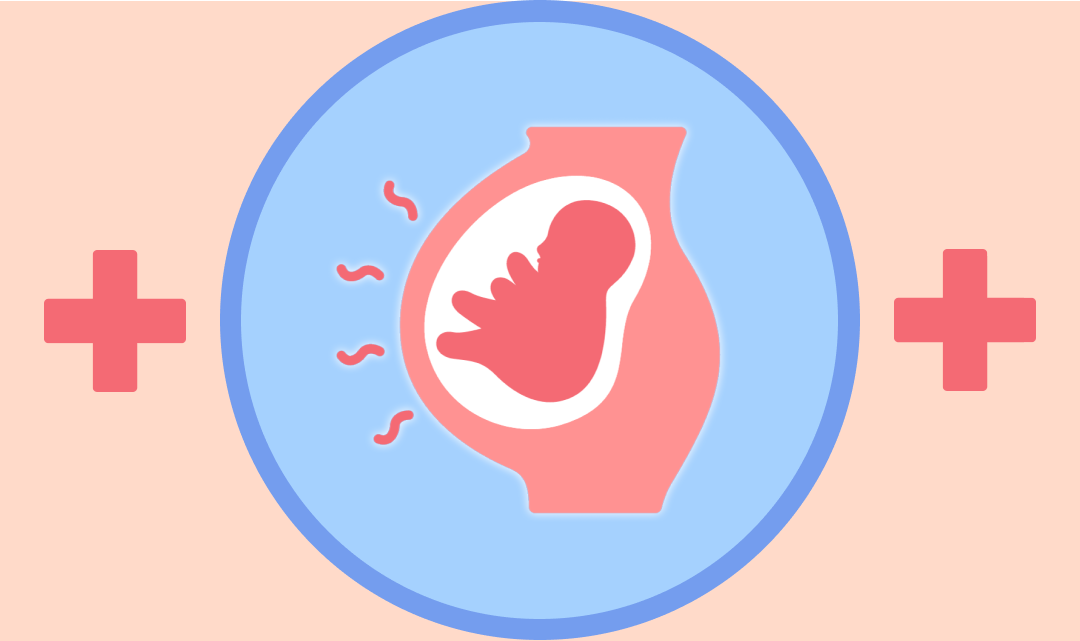Common Questions About Gestational Diabetes in Pregnancy

Gestational diabetes is a condition that affects pregnant women, causing high blood sugar levels. It's a common concern for many expectant mothers, and understanding it can help manage its effects and ensure a healthy pregnancy. This article will answer some of the most common questions about gestational diabetes during pregnancy.
Table of contents
Can pregnancy cause Gestational Diabetes?
Is Gestational Diabetes a pregnancy symptom?
What causes Gestational Diabetes during pregnancy?
Is Gestational Diabetes during pregnancy common?
Is it safe to have Gestational Diabetes during pregnancy?
What can help with Gestational Diabetes during pregnancy?
Gestational Diabetes during pregnancy: when to see a doctor?
Gestational Diabetes after childbirth: What happens?
Can pregnancy cause Gestational Diabetes?
Yes, pregnancy can cause gestational diabetes. It occurs when the body cannot produce enough insulin – a hormone that regulates blood sugar – to meet the extra demands of pregnancy. It usually develops in the second half of pregnancy and goes away after the baby is born.
Psst, we have an app dedicated to pregnant moms. Learn more
Is Gestational Diabetes a pregnancy symptom?
Gestational diabetes itself is not a symptom but a condition that can develop during pregnancy. However, it can cause symptoms such as increased thirst, frequent urination, fatigue, and blurred vision. Many women with gestational diabetes don't have noticeable symptoms, which is why screening during pregnancy is important.
Psst, we have an app dedicated to pregnant moms. Learn more
What causes Gestational Diabetes during pregnancy?
Gestational diabetes is caused by hormonal changes during pregnancy. These hormones can make your cells less responsive to insulin. When the pancreas can't keep up with the increased demand for insulin, blood sugar levels rise resulting in gestational diabetes.
Psst, we have an app dedicated to pregnant moms. Learn more
Is Gestational Diabetes during pregnancy common?
Yes, gestational diabetes is quite common. It affects about 2-10% of pregnancies annually in the United States. Certain factors increase the risk, including age, family history of diabetes, and being overweight before pregnancy.
Psst, we have an app dedicated to pregnant moms. Learn more
Is it safe to have Gestational Diabetes during pregnancy?
Untreated gestational diabetes can pose risks for both mother and baby. However, with proper management, including diet changes, exercise, and sometimes medication, women with gestational diabetes can have a healthy pregnancy and baby.
Psst, we have an app dedicated to pregnant moms. Learn more
What can help with Gestational Diabetes during pregnancy?
Managing blood sugar levels is key in dealing with gestational diabetes. This can be achieved through a healthy diet, regular physical activity, monitoring blood sugar levels, and in some cases, insulin injections.
Psst, we have an app dedicated to pregnant moms. Learn more
Gestational Diabetes during pregnancy: when to see a doctor?
If you're pregnant and experiencing symptoms such as frequent urination, excessive thirst, fatigue, or blurred vision, it's important to consult your doctor as these may be signs of gestational diabetes. Regular prenatal visits can also help detect gestational diabetes early.
Psst, we have an app dedicated to pregnant moms. Learn more
Gestational Diabetes after childbirth: What happens?
For most women, gestational diabetes goes away after childbirth. However, it does increase the risk of developing type 2 diabetes later in life. Therefore, women who have had gestational diabetes should continue to monitor their blood sugar levels postpartum and throughout their life.
Psst, we have an app dedicated to pregnant moms. Learn more
Information sources
1. American Diabetes Association. (n.d.). Gestational Diabetes. Retrieved from https://www.diabetes.org/diabetes/gestational-diabetes
2. Mayo Clinic. (2020, December 16). Gestational diabetes. Retrieved from https://www.mayoclinic.org/diseases-conditions/gestational-diabetes/symptoms-causes/syc-20355339
3. National Institute of Diabetes and Digestive and Kidney Diseases. (2017, November). Gestational Diabetes. Retrieved from https://www.niddk.nih.gov/health-information/diabetes/overview/what-is-diabetes/gestational